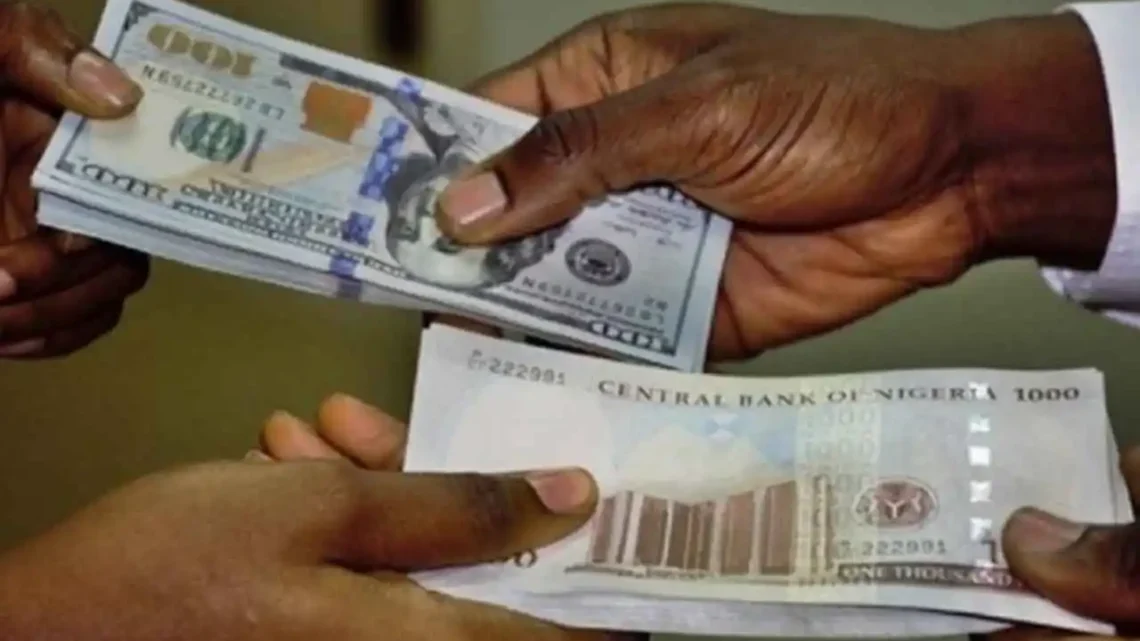
Aboki Naira to Dollar Black Market Exchange Rate Today, 28th November 2025
The Nigerian Naira exhibited mild stability against the US Dollar in the black market on Friday, with informal currency traders—commonly referred to as “Aboki” operators—quoting a selling rate of ₦1,475 per dollar and a buying rate of ₦1,462 across major cities including Lagos, Abuja, Port Harcourt, and Kano.
This marks a slight uptick from Thursday’s rates but reflects a broader cautious optimism as the week closes, according to market sources and real-time updates from platforms like AbokiFX.
Trending Now!!:
The parallel market, where everyday transactions for remittances, imports, and personal forex needs dominate, saw subdued trading volumes ahead of the weekend and the upcoming holiday season.
“Traders are holding firm, but dollar inflows are unpredictable—remittances are picking up, yet reserves aren’t keeping pace,” noted a bureau de change operator at Lagos’ Alaba International Market, speaking anonymously to avoid regulatory scrutiny.
For context, exchanging $1,000 in the black market today would yield approximately ₦1,462,000 at buying rates, a marginal improvement that offers scant relief to households battling inflation rates hovering near 28.5%.
In comparison, the official Investor & Exporter (I&E) window rate from the Central Bank of Nigeria (CBN) stood at around ₦1,450 per dollar, underscoring the persistent premium in the unregulated Aboki segment—currently about 1.7%—which fuels arbitrage opportunities for cross-border dealers but exacerbates costs for local businesses.
Analysts attribute the Naira’s fragile footing to a mix of factors: a rebound in crude oil prices, Nigeria’s primary forex earner, tempered by sustained importer demand and a dip in foreign reserves to $32.5 billion as of late November.
| Currency Pair | Black Market Buy Rate (₦) | Black Market Sell Rate (₦) | Official Rate (₦) |
|---|---|---|---|
| USD/NGN | 1,462 | 1,475 | 1,450 |
| EUR/NGN | 1,650 | 1,690 | 1,580 |
| GBP/NGN | 1,880 | 1,930 | 1,820 |
Economists warn that this equilibrium could be short-lived. Dr. Aisha Bello, a senior analyst at Nairametrics, highlighted in a recent commentary that without aggressive interventions—like expanded CBN auctions or bolstered oil exports—the Naira risks breaching ₦1,500 by early December.
“The Aboki rate’s hold is precarious; underlying pressures from subsidy removals and global rate dynamics won’t vanish overnight,” Bello said.
As Nigeria navigates year-end fiscal strains, small-scale traders urge caution: verify rates via apps like AbokiFX to sidestep scams in the opaque market. With OPEC+ quotas stabilizing crude benchmarks, glimmers of recovery persist—but for importers and remittance-dependent families, the Naira treads a tightrope.
Stay tuned for Monday’s opening rates as fresh inflows potentially reshape the landscape.


